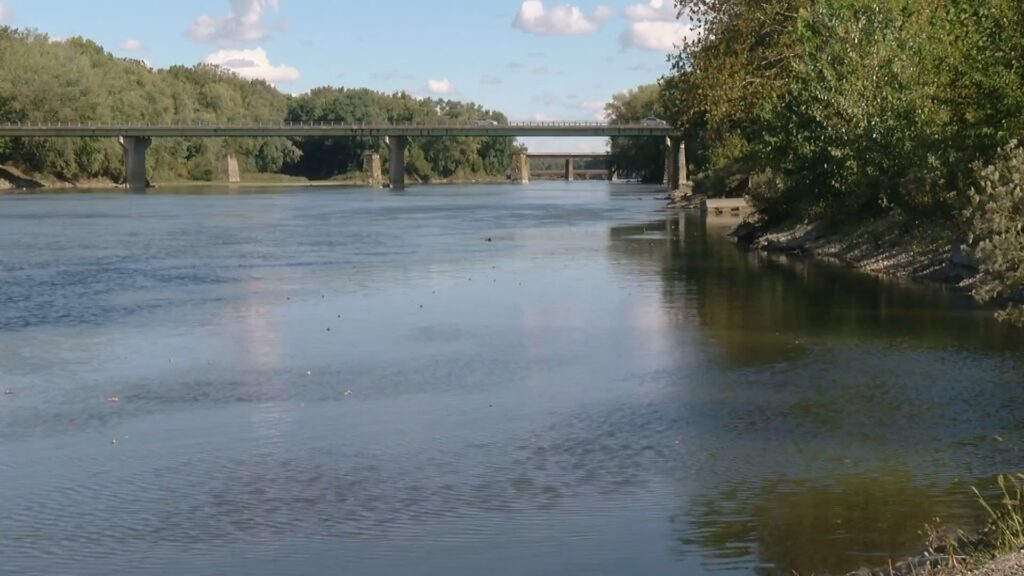Immigration detainees held in Marion County Jail
INDIANAPOLIS (WISH) — An environmental advocate said a new water pipeline law isn’t everything he hoped for but is a good start.
Some of the harshest criticism for the LEAP District has concerned plans to pipe water from Tippecanoe County to the LEAP District site near Lebanon. LEAP stands for Limitless Exploration/Advanced Pace.
In response, lawmakers this spring approved legislation setting two layers of approvals for any future such projects. Beginning July 1, the Indiana Utility Regulatory Commission (IURC) will have to review any pipeline that would deliver at least 10 million gallons of water per day to a destination at least 30 miles from the water source. In addition, the Department of Natural Resources (DNR) will have to approve any proposal to move water from one hydrologic basin to another.
Sen. Eric Koch, R-Bedford, told News 8 he wrote the bill in response to the criticisms directed at the LEAP District. He said the new law would not affect current water pipeline plans for the district because they involve existing infrastructure. Koch said he based the bill in part on the findings of the Indiana Finance Authority’s water survey, commissioned by then-Gov. Eric Holcomb in response to the LEAP District water controversy. The bill was a Senate Republican priority bill and passed the General Assembly with almost no opposition.
“I’m very grateful that we worked together, we were able to do something very thoughtful sort of way that was bipartisan in both the Senate and the House,” he said. “These large users of not just water but electricity are coming to our state and we’re very grateful for that but we also need to make sure that the resources are there to serve them in a responsible way.”
Koch said he’s confident both the IURC and the DNR will do their due diligence when presented with any planned water pipelines.
Citizens Action Coalition Executive Director Kerwin Olson has harshly criticized the LEAP water project, specifically a lack of transparency about what sort of data centers are planned for the district. He said Koch’s bill should have applied to groundwater as well and should have included more protections for ratepayers. Still, Olson said subjecting such projects to IURC and DNR approval gives the public a way to apply pressure if they believe a future pipeline threatens their health or their utility bills. He said he expects water pipelines will be an ongoing discussion at the Statehouse.
“What the LEAP District basically brought to light was the lack of process related to pipelines before the IURC on the consumer side of things and also process from an environmental standpoint and permitting for these massive, massive water withdrawals,” he said. “So LEAP provided at least a foundation to begin that discussion at the Statehouse.”
Gov. Mike Braun signed the bill into law in late April. It takes effect July 1.
About The Author
You may also like
-
Homeless encampment expands in Indianapolis neighborhood
-
Former Muncie woman sentenced to 30 months for $930,000 in FAFSA fraud
-
32-year-old Elwood man charged with child exploitation
-
Prosecutor criticizes proposed state control of Indianapolis Mile Square
-
Colts hungry to prove themselves as Training Camp begins

